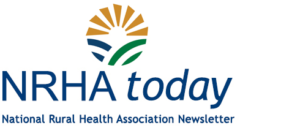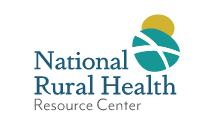July 11, 2023

Funding Opportunity Now Open: Gain Access to CMS Restricted Data for Minority Health Research Initiatives – CMS-2L2-23-001
The Centers for Medicare & Medicaid Services Office of Minority Health (CMS OMH) is proud to announce the opening of a new notice of funding opportunity for the Health Equity Data Access Program (HEDAP). Through the HEDAP, CMS OMH supports up to three “seats” in the CMS Virtual Research Data Center (VRDC), with each individual grant worth up to $90,000. The HEDAP assists researchers from public and state-controlled, or private institutions of higher education, in gaining access to CMS restricted data for minority health research.
Researchers will conduct health services research focusing on, but not limited to, racial and ethnic minority groups; people with disabilities; members of the lesbian, gay, bisexual, transgender, and queer (LGBTQ+) community; individuals with limited English proficiency; individuals residing in rural areas; and individuals adversely affected by persistent poverty or inequality. Project should enhance the capacity of the researcher to understand and utilize CMS data in future research projects. HEDAP also encourages cutting-edge proposals that explore intersectionality. Results of the research will provide CMS and its partners (e.g., Quality Improvement Organizations, Hospital Engagement Networks, and other stakeholders) with actionable information on the previously listed subgroups of enrollees.
Researchers that are selected for the grant will receive funding to acquire VRDC seat access for a period of thirty-six months. Review the notice of funding opportunity CMS-2L2-23-001. The deadline to submit applications is Tuesday, August 15, 2023 at 3pm ET.
Research topics of interest include, but are not limited to, the following examples:
- To research racial and ethnic minority groups; people with disabilities; members of the lesbian, gay, bisexual, transgender, and queer (LGBTQ+) community; individuals with limited English proficiency; individuals residing in rural areas; and individuals adversely affected by persistent poverty or inequality among Medicare, Medicaid and CHIP enrollees.
- The relationship between health disparities and improving the quality of care, increasing access to care, estimating the economic burden/financial costs of disparities, evaluating the effects of health care delivery system and payment model reforms, exploring disparity sensitive conditions or diseases and strengthening population health for all of the above-mentioned populations.
To learn more, visit go.cms.gov/hedap or email HEResearch@cms.hhs.gov






